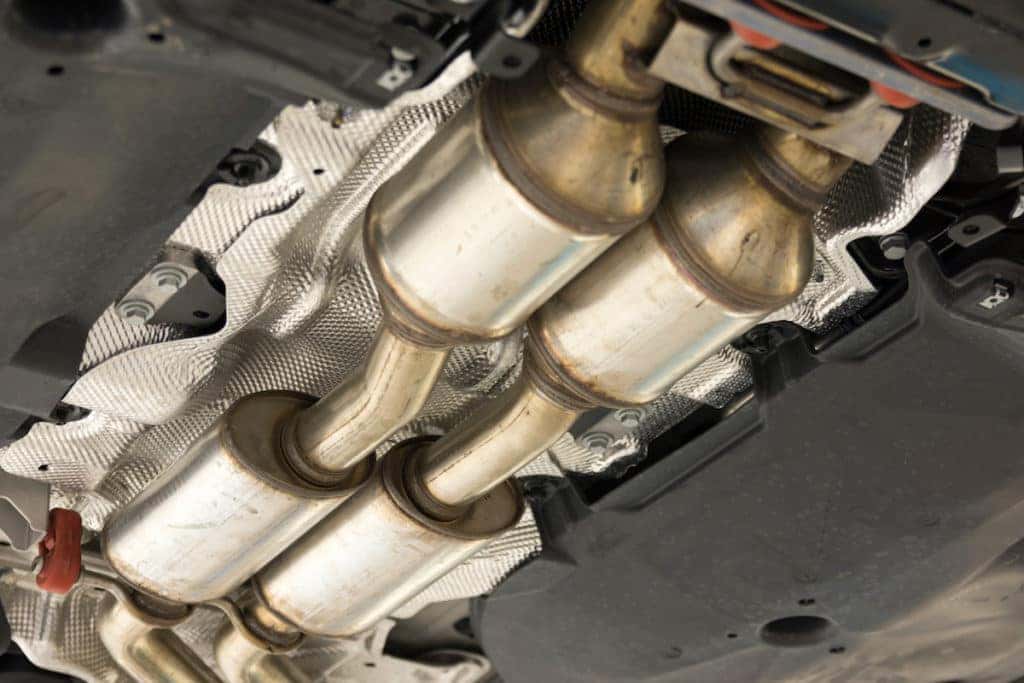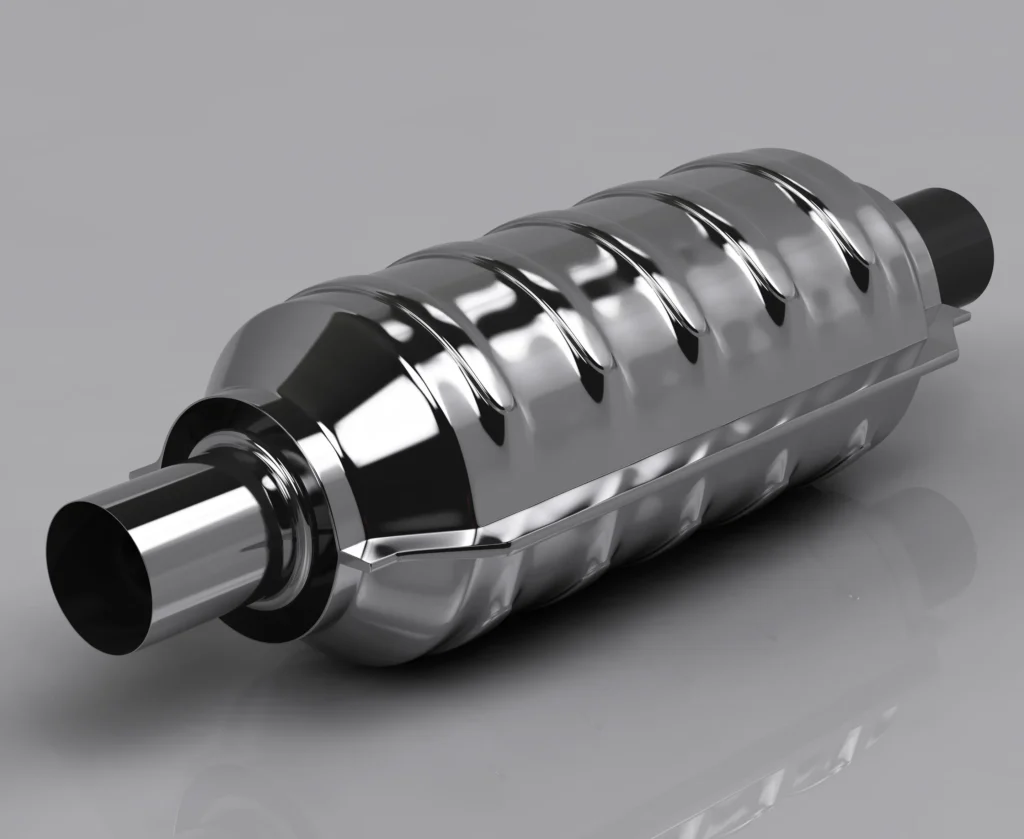Introduction to Catalytic Converters
Catalytic converters play a crucial role in keeping our environment clean. These small but mighty components reduce harmful emissions from vehicles, making the air we breathe a little fresher. However, as more people become aware of their value, interest in buying and selling catalytic converters has surged.
If you’re wondering who buys catalytic converters near me, you’re not alone. Many individuals are looking to cash in on this growing market for used or scrap catalytic converters. Whether you’re clearing out an old vehicle or simply want to profit from your unused parts, understanding the ins and outs of this process can be beneficial. Let’s dive deeper into the world of catalytic converter sales and discover how you can make the most out of them!
The Rise in Demand for Catalytic Converters

Over the past few years, the demand for catalytic converters has surged significantly. This increase is primarily attributed to growing environmental regulations and a heightened awareness of pollution.
Governments worldwide are tightening emissions standards. Automakers are investing more in cleaner technologies, leading to an uptick in vehicles equipped with catalytic converters. Consequently, this shift drives up their value in the recycling market.
Additionally, as hybrid and electric vehicles become more popular, traditional cars still require these vital components for compliance with emission laws. This ongoing need ensures that there will always be a market for used catalytic converters.
Furthermore, thieves have recognized their worth too. The rise in thefts highlights how valuable these parts have become financially and environmentally—leading recyclers to pay top dollar for them now more than ever before.
Who Buys Catalytic Converters Near Me?

If you’re looking to sell your catalytic converter, knowing who buys them locally is key. Many scrap metal yards and recycling centers are interested in purchasing these valuable components.
Local auto repair shops often buy used converters too. They may refurbish or resell them as part of their service offerings. Checking with nearby mechanics can yield surprising results.
Junkyards typically have a dedicated market for catalytic converters. They dismantle vehicles for parts, and the precious metals inside converters make them attractive assets.
Online platforms also play a role in this market. Websites focused on automotive parts frequently offer buying options. You might find buyers willing to pick up from your location, simplifying the process even further.
Networking within local community groups or forums could reveal additional contacts interested in purchasing catalytic converters near you. It’s all about exploring every avenue available to maximize your selling potential.
Factors to Consider When Selling Your Catalytic Converter

When selling your catalytic converter, it’s vital to understand its value. Different models contain varying amounts of precious metals like platinum, palladium, and rhodium. Research your specific converter type to gauge your worth accurately.
Condition plays a significant role too. A damaged or clogged converter may fetch a lower price than one in good shape. Inspect it for any signs of wear before making a sale.
Location matters as well. Prices can fluctuate depending on regional demand and local regulations around scrap metal sales. Check nearby buyers to find the best offers.
Timing is essential. Market prices for precious metals change frequently due to various factors including economic conditions and global events. Keeping an eye on these trends can help you decide when to sell for maximum profit.
Tips for Getting the Best Price for Your Catalytic Converter
Research local prices. Before you sell, check online forums or websites to see what similar catalytic converters are fetching. Knowledge is power.
Understand the value of your converter. Different models contain varying amounts of precious metals like platinum, palladium, and rhodium. Knowing its worth helps in negotiations.
Gather all necessary information about your catalytic converter. This includes the make and model of your vehicle, as well as any identification numbers on the unit itself.
Contact multiple buyers. Don’t settle for the first offer you receive. Comparing quotes can help ensure you’re getting a fair price.
Be prepared to negotiate. Sellers often expect some back-and-forth discussion on price, so don’t hesitate to advocate for yourself during this process.
Consider timing when selling; certain seasons may yield better offers depending on market demand and scrap metal prices.
Alternatives to Selling Your Catalytic Converter
If selling your catalytic converter isn’t appealing, consider recycling it instead. Many scrap yards accept used converters and may offer compensation based on the materials inside. This option is eco-friendly and helps reduce waste.
Another alternative is to repurpose your old catalytic converter for DIY projects. Creative minds can transform it into unique garden art or even furniture accents. It’s a way to add character while giving new life to what would otherwise be discarded.
You might also explore donating your catalytic converter to local automotive schools or vocational programs. These institutions often welcome such donations for educational purposes, allowing students hands-on experience with real-world components.
Keep an eye out for community recycling events that focus on car parts. Participating in these initiatives not only benefits you but also supports environmental sustainability efforts in your area.
Conclusion
As the market for catalytic converters continues to grow, understanding who buys catalytic converters near you becomes increasingly important. Whether you’re looking to declutter or make some extra cash, knowing your options can help you navigate this valuable transaction.
With various buyers available—from scrap yards to online platforms—exploring local businesses and their offerings is key. Be sure to assess factors like authenticity and price before making a sale. By doing thorough research and leveraging tips for maximizing profit, sellers can ensure they are getting fair compensation for their items.
If selling isn’t the right path for you now, consider alternatives such as recycling programs or donation options that might benefit others while keeping environmental concerns in mind. The journey of selling your catalytic converter could lead you not only towards financial gain but also contribute positively to sustainability efforts.
Embracing these insights will empower anyone interested in engaging with the catalytic converter market effectively, leading them toward informed decisions tailored to their needs.




Pingback: where to shred papers for free near me 2023/2024 -